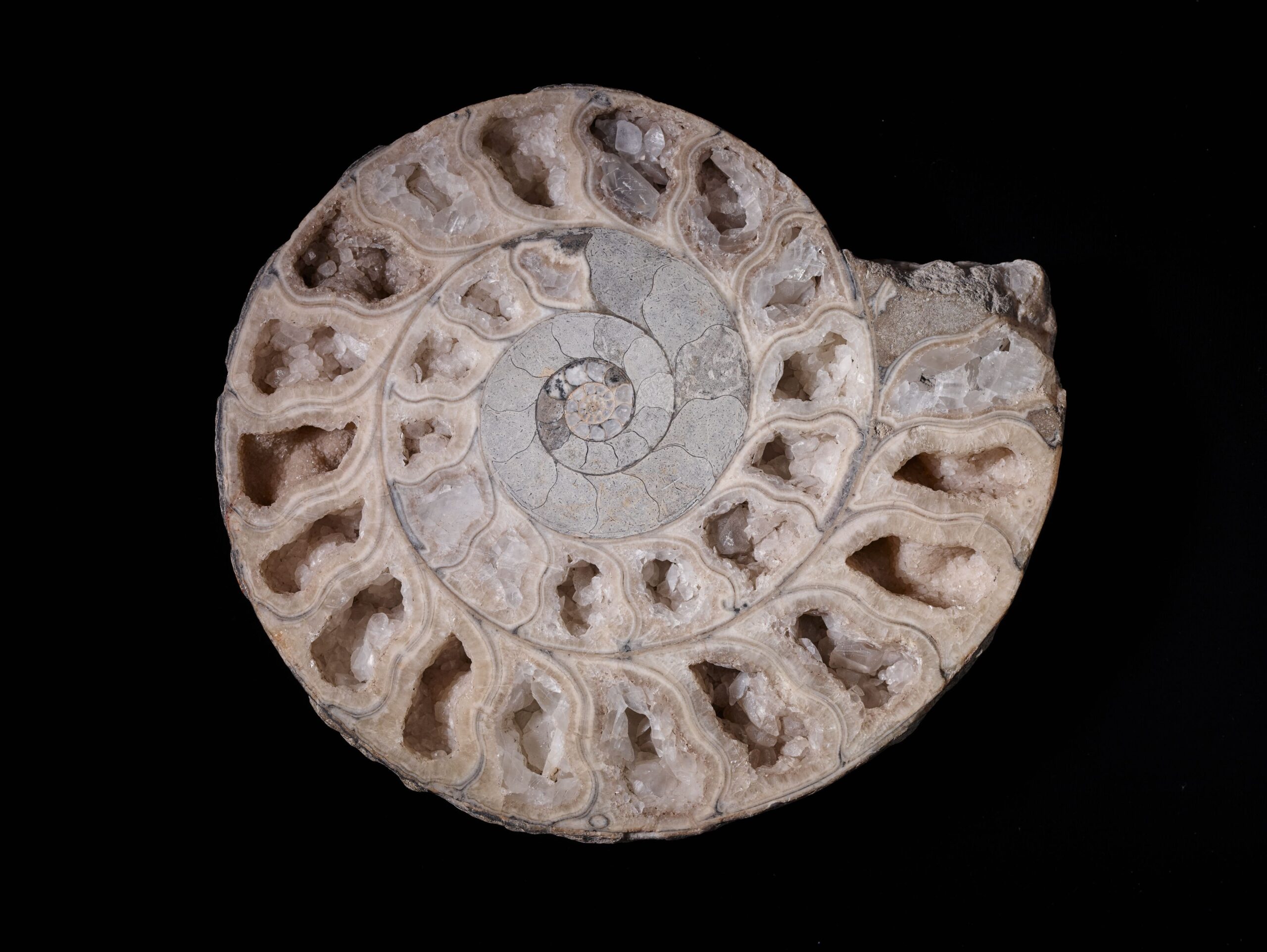By Jillian A. Fantin

Kristin George Bagdanov’s debut collection greets its reader with questions: What does it mean to be a fossil? What does it mean to be “in the making?” What is a fossil? With the word “fossil” standing both the remains of the rocky remains of a distant geological past and a descriptor of a prominent energy source debasing the Earth system, Bagdanov assures us that this read will be rife with linguistic duality and essential lyrical commentary on the consequences of our anthropocentric treatment of our planet.
Earthshattering and earthreconstructing, Fossils in The Making reveals the simultaneously reparative and devastating powers of language. As she glops language and bodies together, Bagdanov reveals the degradation of both our planet’s most delicate, finite systems and the individual intimate self. Further, each distinct piece coalesces together, allowing the speaker of Fossils in The Making to argue that the ruin of one body—namely, the Earth—is intrinsically tied to the ruin of all bodies.
Fossils in The Making’s content, craft, and linguistic particularity build upon each other and impel the reader to pay attention to every word and every detail in the search for an understanding of ecological crisis through bodies. Even the simplest dividing titles cannot be ignored, as Bagdanov divides her collection into “PROOFS,” “WAGERS,” and “REMAINS.” The poet’s language is necessarily rooted in the scientific and the lyric, and this necessity allows for paradoxical duality and the exploration of bodies within our current ecological crisis. Indeed, these bodies connect physically in crisis, as exhibited in “Flesh” when the speaker states, “Yes / I know the feeling of being / consumed from the inside / out” (27). Not only does the speaker partake in eating meat, but the speaker is simultaneously eaten by the meat through this consumptive act. Revealing consumption as destructive and sustaining rather than an act of nourishment, then, forces the reader to consider the collective degradation of the eater and the eaten.
Additionally, Bagdanov’s formal dexterity and thematic continuity allows for a multiplicity of craft, from this aforementioned slim-lined shard of surreality to the lengthy descriptive lines of her single sequence from “WAGERS”:
So I filled my body up with sand and the small skeletal bodies of mice
and other creatures like an owl, following the beaked wisdom, but
that too proved a mistake. My body would not hold what I had asked—
neither would it let it go. (“[See the sea as]” 51)In its concrete description of the speaker’s attempts for physical connection, Bagdanov reveals the speaker’s ability and inability to contain the world within their corporeal body. Following previous bouts of fleshly feasting, the speaker opens their body, allowing it to function as a physical refuge for other bodies. Ultimately, though, all the bodies of Fossils in The Making are ruined by ecological degradation; this revelation continues to develop throughout the collection as Bagdanov experiments with language and form. A notable example is in “Corpus,” which begins, “my bones / are a tangle of sea trash, plastic six-pack / that chokes the bottlenose” (10). The speaker recognizes that their body’s ailments are not able to be contained: the degradation of one body equates to the degradation of all bodies, and thus, the degradation of the Earth and its bodies and the degradation of the speaker’s body are intrinsically connected in their destruction.
Following an intense exploration of bodies and dualities, the last words of Fossils in The Making’s final poem, “echo / o,” leaves the reader with an unanswered greeting:
Hello?
lo
o (96).Stark against the blank white of the final page, this call—only answered by the Earth’s capacity for echoey spaces—could be seen as the speaker’s lonely desperation for companionship within ruin. However, the Earth answers the speaker with their own words through the spaced out second syllable of “hello.” The echo answers the call, connecting the body of the speaker and the body of the Earth through a mutual desire for connection. Although the destruction of both bodies remains ceaseless at her collection’s conclusion, Bagdanov reinforces the intrinsic connection between the Earth and the self. Ultimately, by the collection’s end, all of the text’s bodies come together in the simple question of a greeting, allowing our collective visions—and our bodies—to fossilize together into one poetical, living artifact.
By the end, we discover Kristin George Bagdanov’s collection is one rife with dualities: scientific and lyric, objective and subjective, individual and collective. Though these aforementioned dualities initially appear paradoxical in nature, Bagdanov subverts her reader’s expectations by combining these dualities within her particularly crafted forms. In doing so, she explores individual and collective bodies and our current ecological epoch through the lens of an intimate speaker. An example of this balancing of the scientific and the lyric is found in “fossils / making,” which contains a stanza entirely composed of spaceless variations on the insecticide dichlorodiphenyltrichloroethane, or DDT. Using careful capitalization and repetition, the speaker spells out “LYRE I TRIED” (91). Here, Bagdanov utilizes scientific terminology—an objective synthetic creation—in order to experiment with language and craft a hidden message within a sonic and lyrical stanza. This poem, among others, uses language to reveal an Anthropocentric call-to-action. As human beings recognize their geological agency, they must also recognize that the destruction wreaked upon the Earth’s planetary body is intrinsically tied to their personal fleshly ruin.
Bodies cannot exist as simply bodies, Bagdanov asserts. Rather, we are all holistically connected in an extensive and poetic collective like a living fossil. This connection allows us a joint experience, both devastating and nurturing. Perhaps, then, Bagdanov’s readers are just as “in the making” as her inventive poetics and titular fossils. “[Our] cells,” she writes, “accumulate their selves / and others” (43). Ultimately, Fossils in The Making proves to be a powerful debut collection wherein Bagdanov uses poetry to build a radical community consciousness (“a family system” (49)) that invites her readers to experience our own individual bodies in convergence with the body of the Earth.
Jillian A. Fantin (they/them) is a poet based in the American South. They co-founded and edit RENESME LITERARY (@RenesmeLiterary) and received a 2021 Poet Fellowship from the Martha’s Vineyard Institute of Creative Writing. Jillian is published in or forthcoming from The American Journal of Poetry, TIMBER, Barrelhouse, Archetype, Harpur Palate, Dream Pop, and elsewhere. They tweet @jilly_stardust.



Add your first comment to this post